NYC Street Trees in Drought Emergency
Experts warn that New York City's street trees are facing a severe drought, with conditions not seen in decades. Recent rains have offered little relief, and the full impact on the city's plant life may not be known until spring or summer.

Matthew Lopez-Jensen, an assistant professor at Parsons School of Design, calls it a "street tree emergency," with trees "essentially being evaporated" due to the intense heat reflected from city buildings. A CUNY Graduate Center study supports this, showing that urban trees suffer more from heat and drought than rural ones.
The Department of Parks and Recreation acknowledges the drought but maintains that the trees are generally tolerant of urban conditions. However, they admit young trees are particularly vulnerable.
The cost of removing dead trees is estimated at $2,000 per tree, potentially reaching $80 million if a significant number die.
City Council Member Shekar Krishnan also expressed concern, highlighting the jeopardy faced by parks and trees, particularly given the elevated drought warning.
The city has implemented water restrictions for fountains and golf courses, and asks residents to voluntarily conserve water.

A recent 2-acre fire in Prospect Park's Ravine further exemplifies the impact of the drought, causing significant damage and displacing wildlife. Restoration efforts are expected to take three years.
Mayor Eric Adams has issued directives to reduce water usage by city agencies.
A Department of Environmental Protection representative notes the drought is unlikely to improve until after the New Year, requiring a historically wet December for relief.




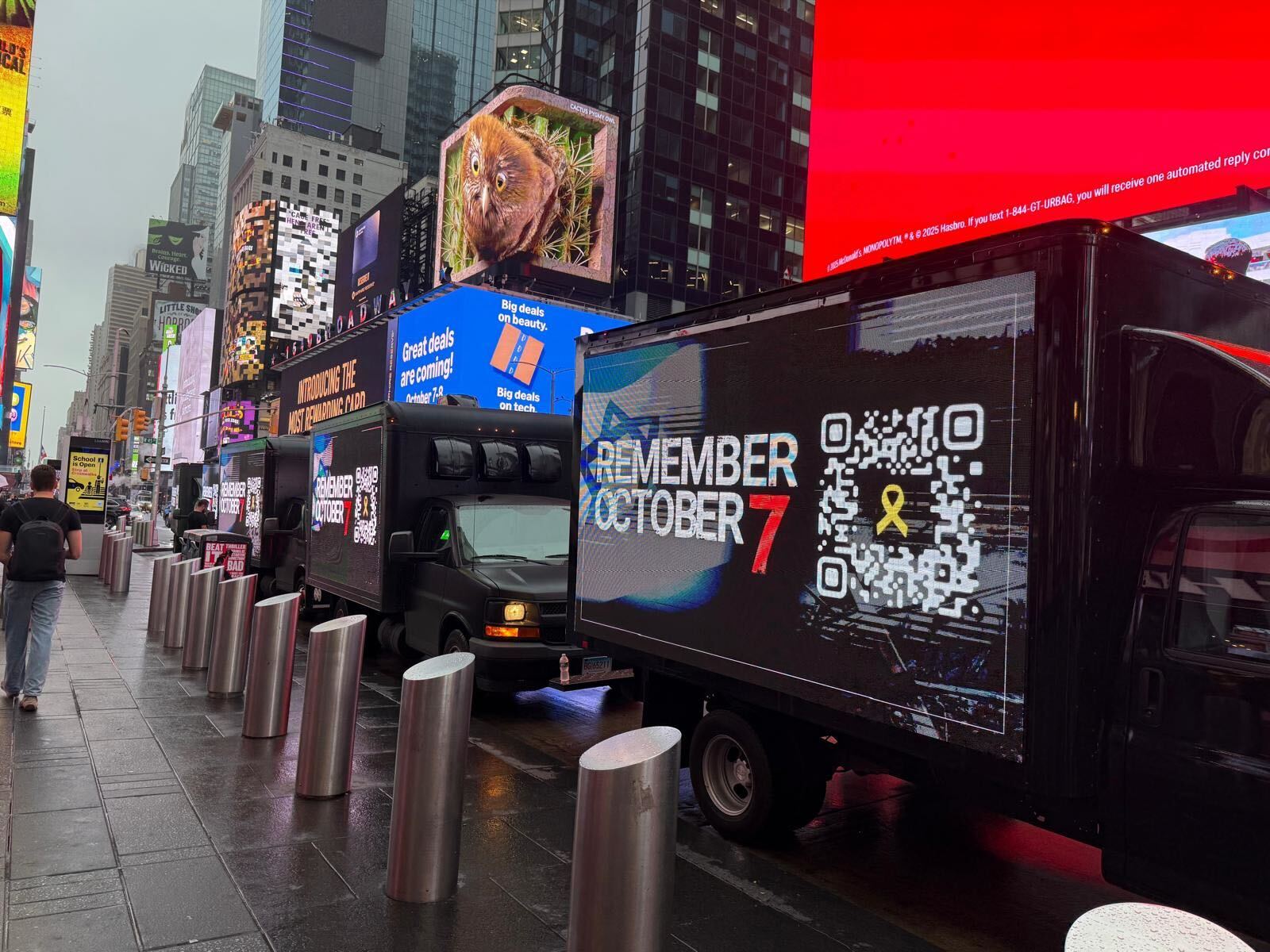


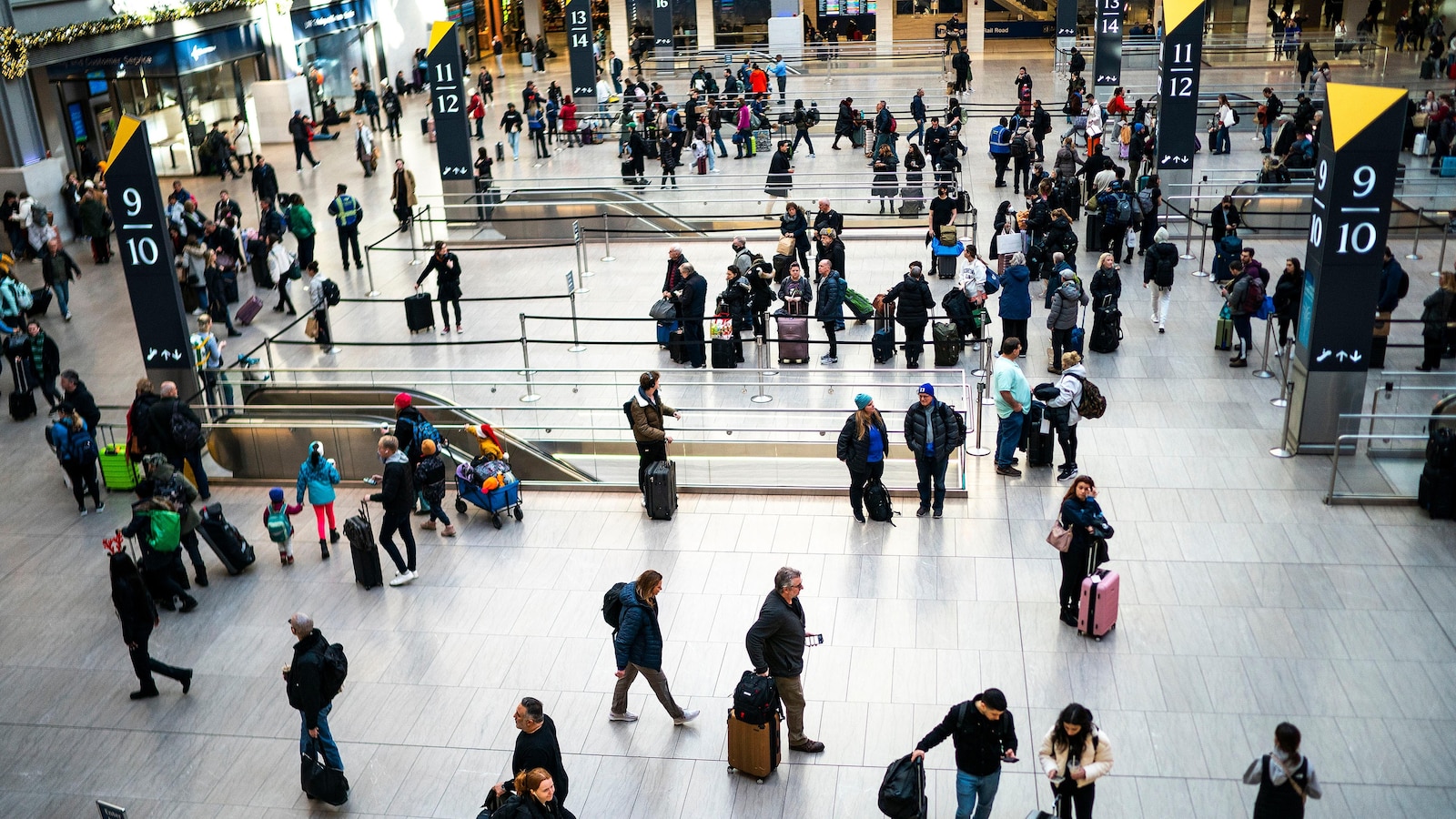

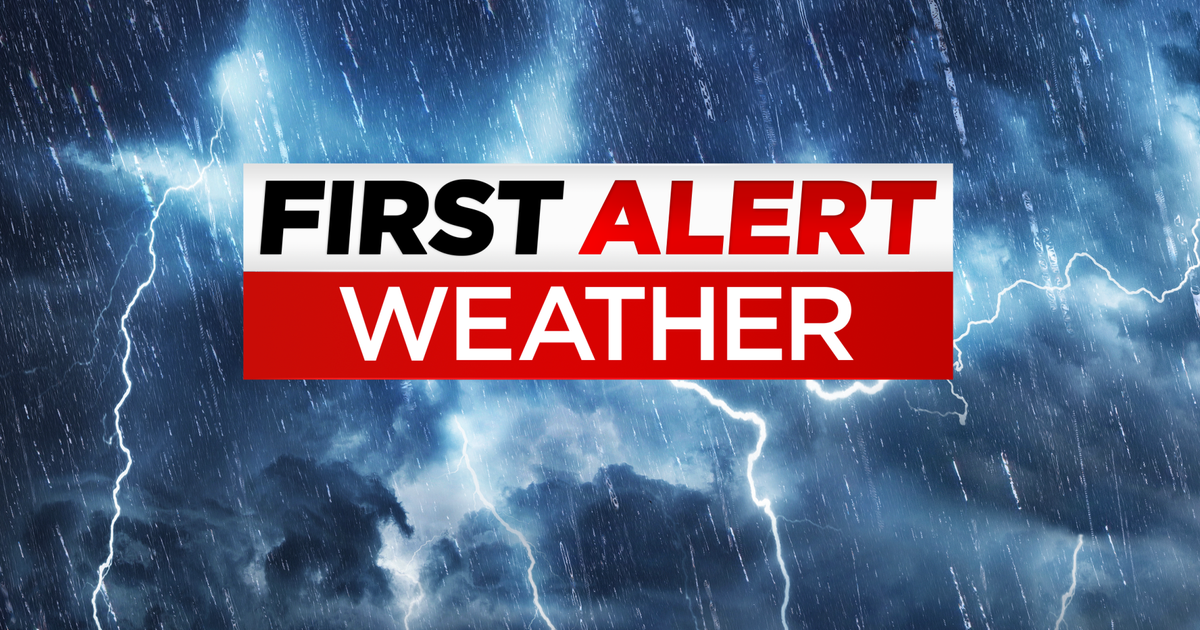
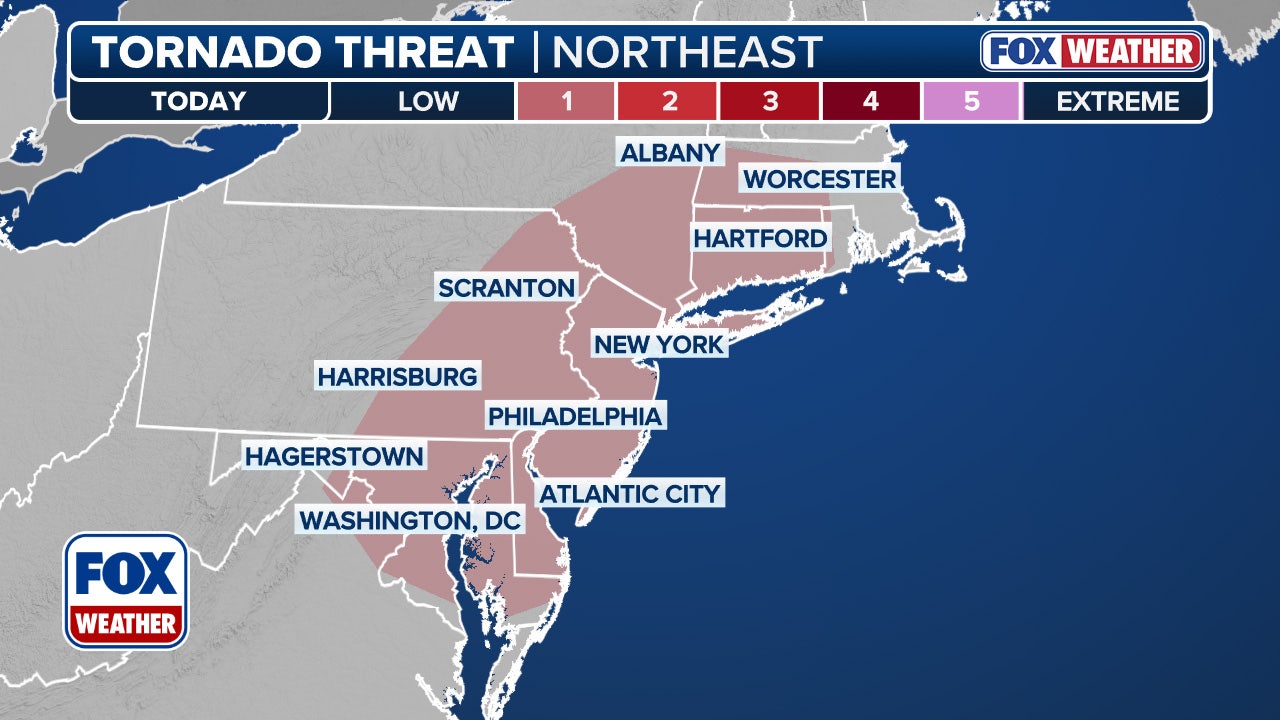
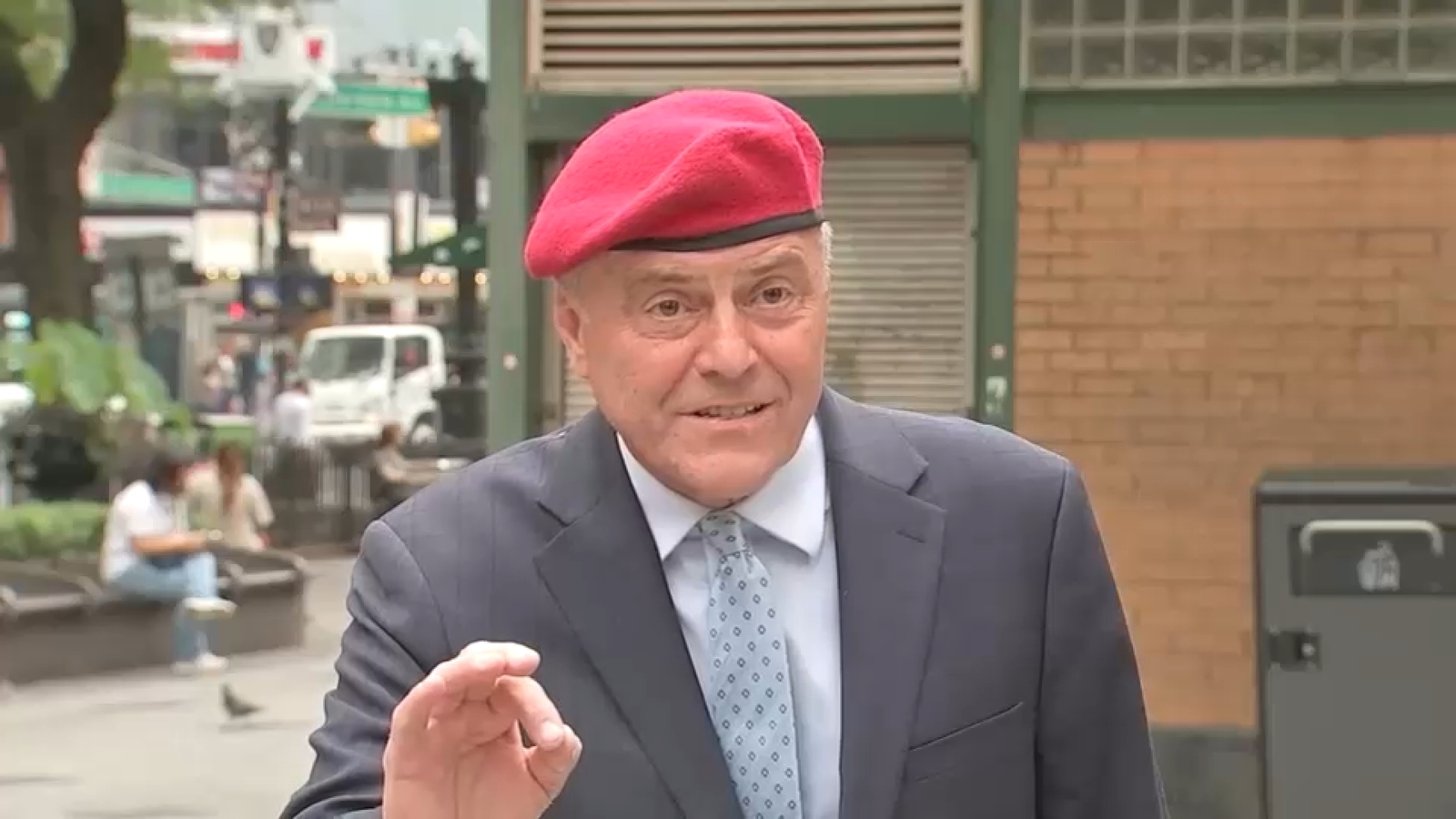
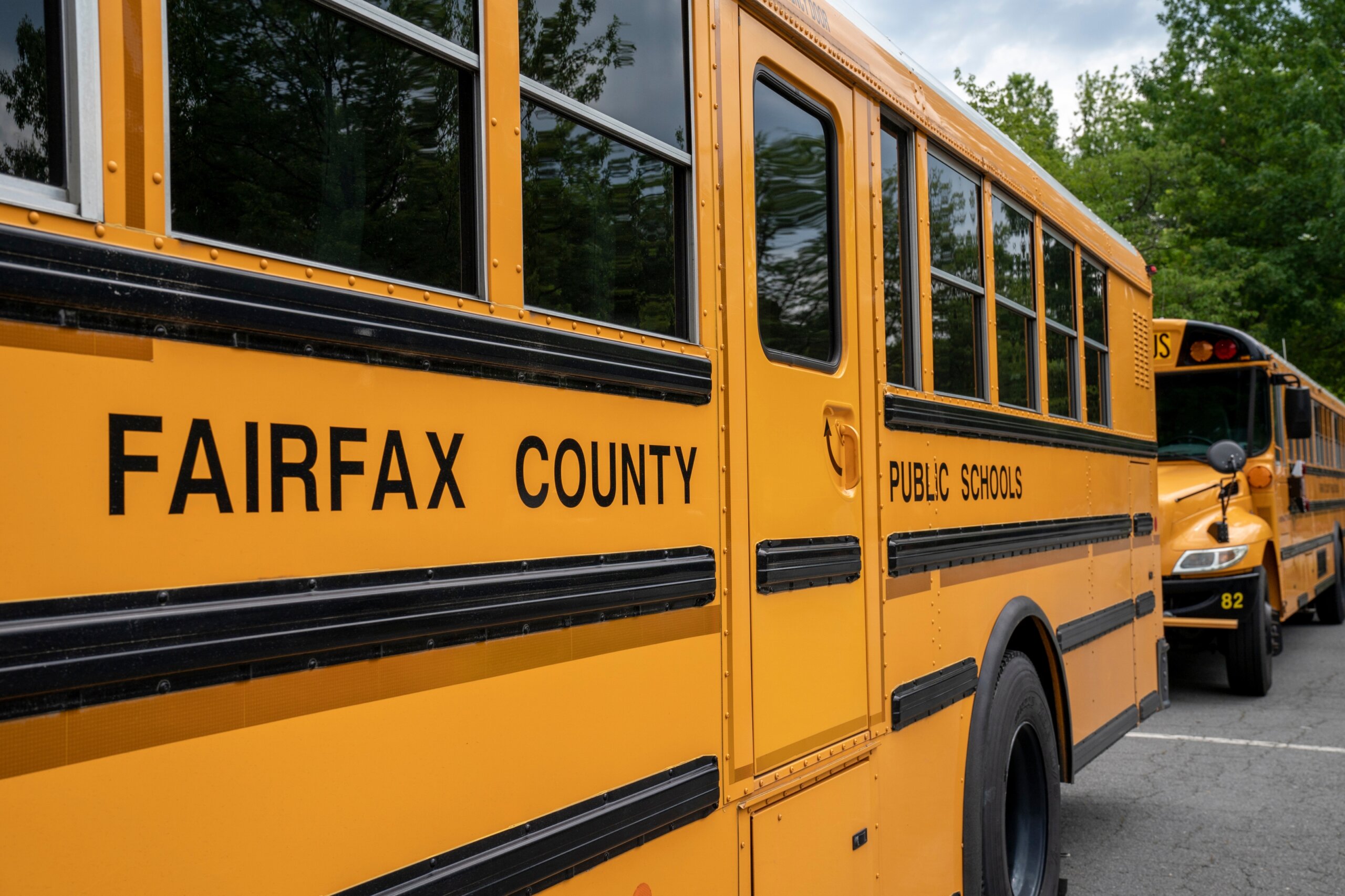


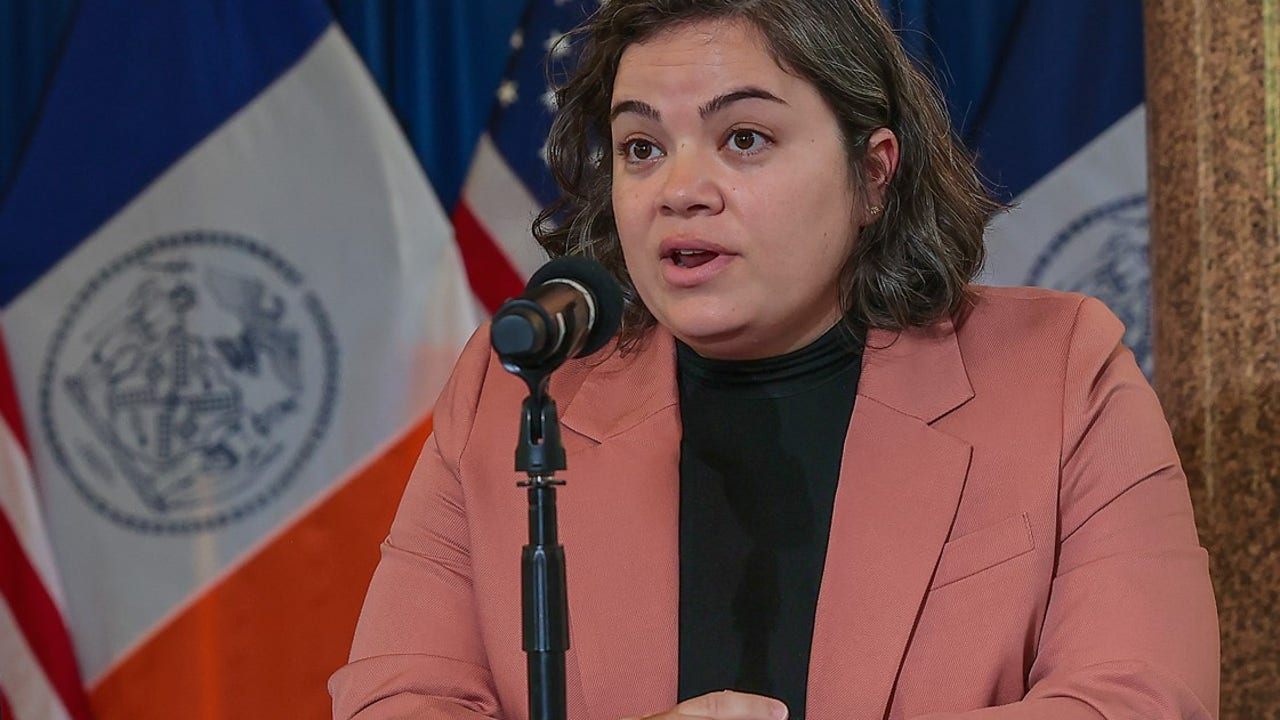



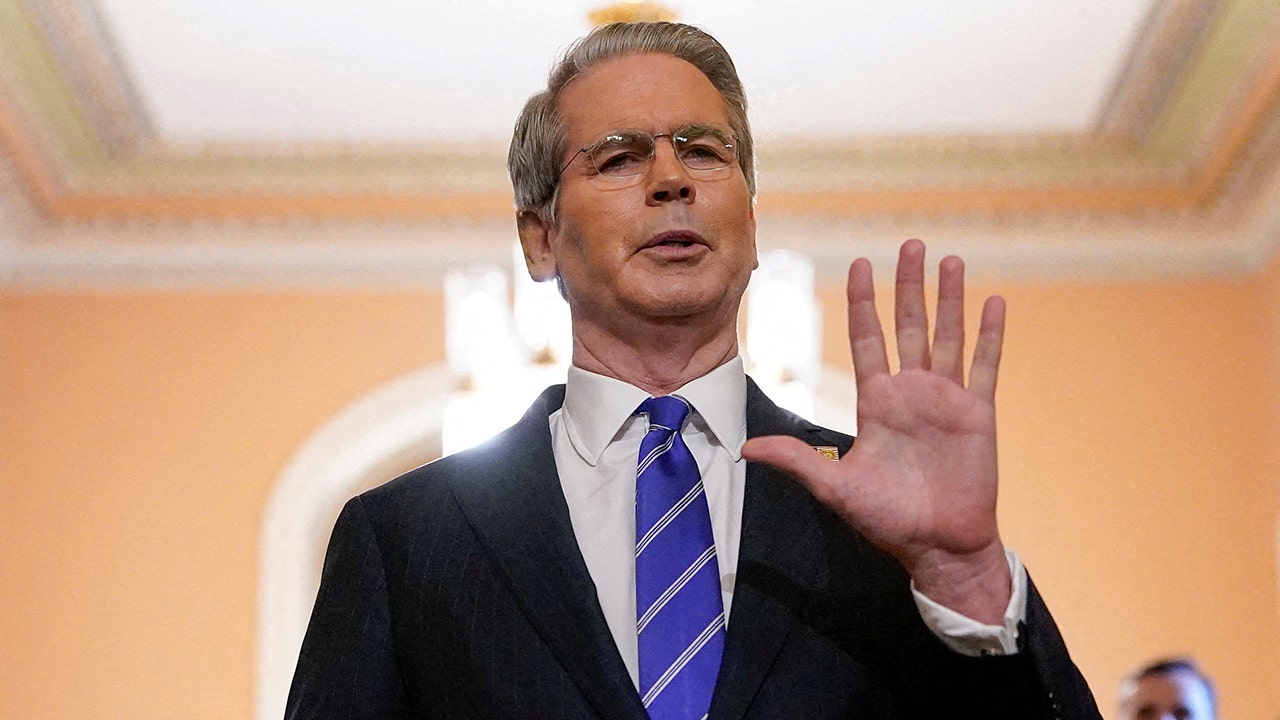
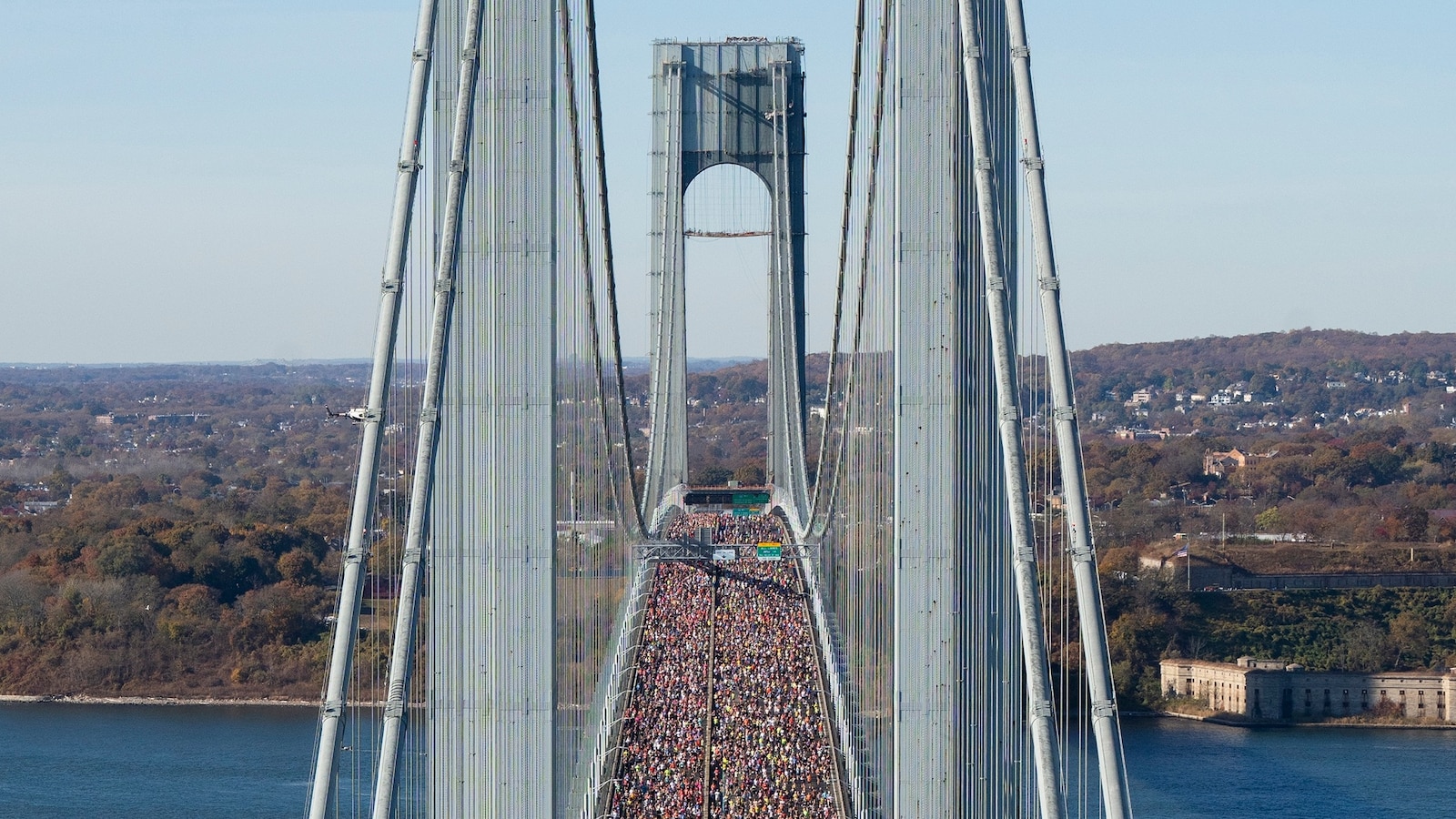
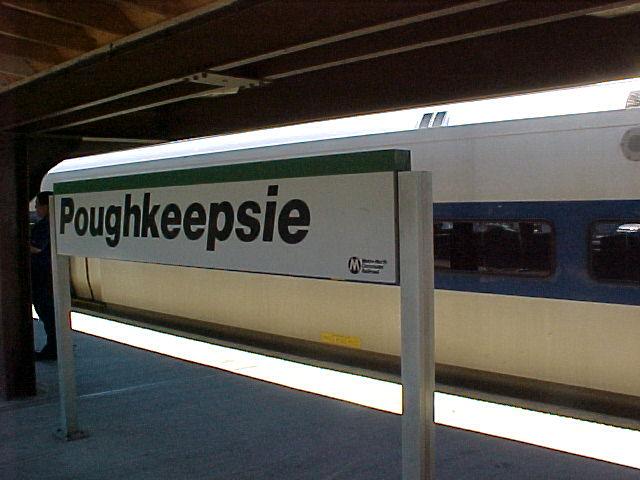


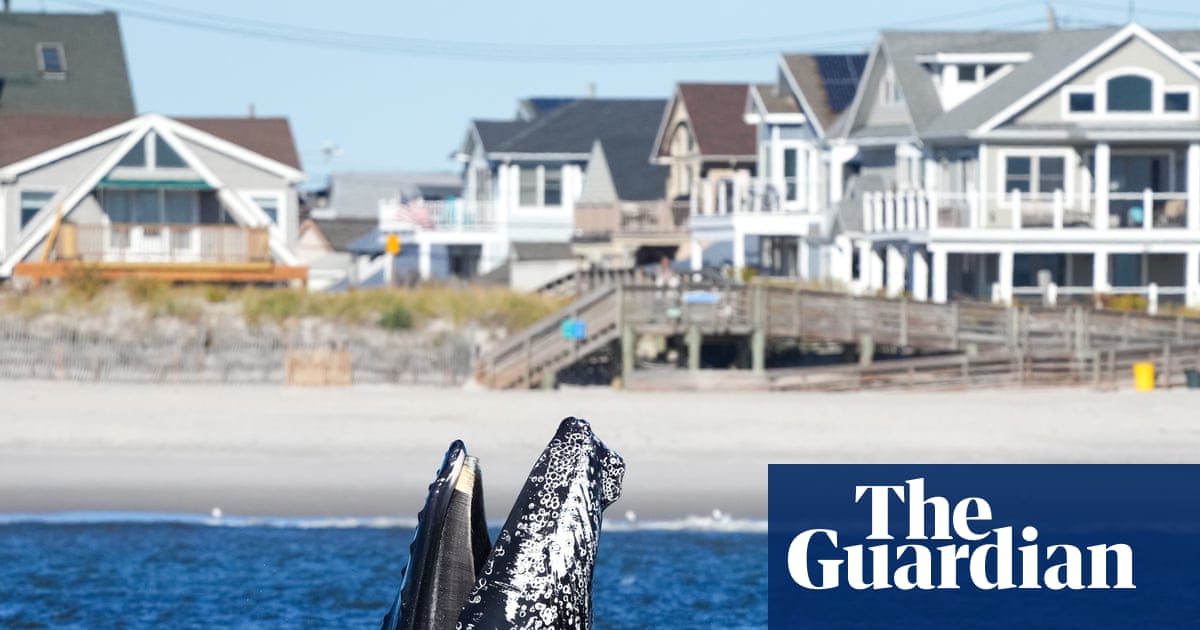
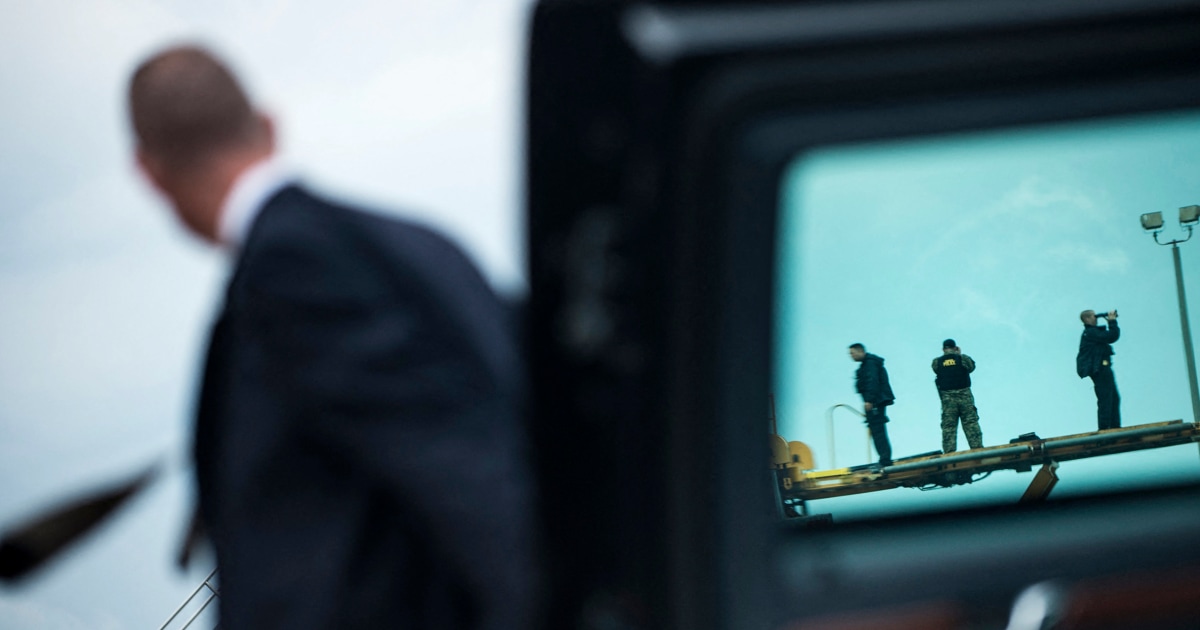
Comments
Join Our Community
Sign up to share your thoughts, engage with others, and become part of our growing community.
No comments yet
Be the first to share your thoughts and start the conversation!